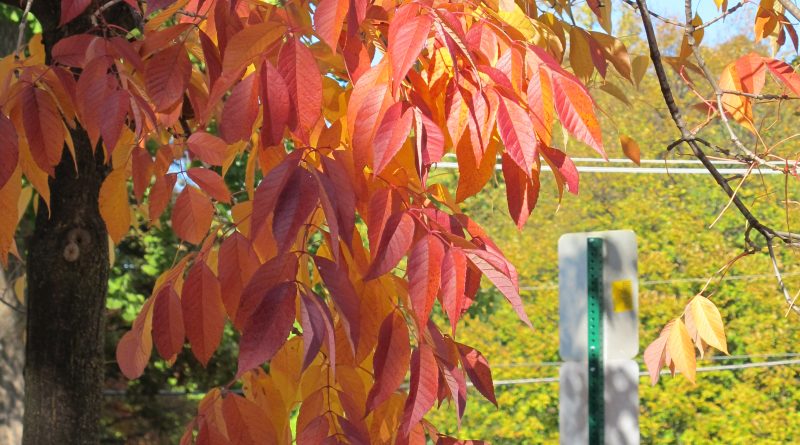Crowning Achievements: Protecting Native Trees from Microbes, the Natural Way
Native tree species have been in the news often as threats to their survival continue to increase. Among them, emerging pathogens are causing widespread tree population declines and a huge corresponding loss of biodiversity and natural capital in ecosystems across the globe. In one example, a fungus that arrived in the United Kingdom in 2012, chalara (Hymenoscyphus fraxineus), has now spread across the entire island and is expected to result in a 95% mortality rate for ash trees (Fraxineus excelsior). To tackle this problem, Dr. Rachel Antwis, University of Salford, UK, and her co-investigator, Dr. Andrea Harper, University of York, UK, have chosen to focus on the microbiome, a symbiotic microbial community that includes fungi and bacteria and is found in all living organisms. The microbiome regulates host functioning and health, and its composition determines the ability of pathogens to infect hosts. Because the use and application of fungicides has become increasingly restricted by law in the UK, innovative, effective and natural approaches to disease mitigation must be developed quickly. Fortunately, unique opportunities exist in the microbiome to develop novel strategies that can promote host disease resistance. These include selecting individual trees with microbiota that protect their fellows from pathogens, and developing probiotics that may be used in the prevention or treatment of diseases.
Ash trees support more than 1,000 other associated species, and their extinction would force the co-extinction of up to 44 dependent species in the UK. Trees are the foundation of our natural ecosystem, and TREE Fund is committed to supporting the research and education they need to stay healthy. Click here to learn more about Dr. Antwis’ research on the complex relationship between the chalara fungus and ash dieback disease in her study called, “Fighting Microbes with Microbes to Protect our Native Trees,” co-funded by TREE Fund’s Jack Kimmel International Grant. Dr. Antwis will also be presenting a webinar on June 16, 2020, so please tune in to learn more about her work.
Click here for the complete, December 2019 issue of TREE Press.

